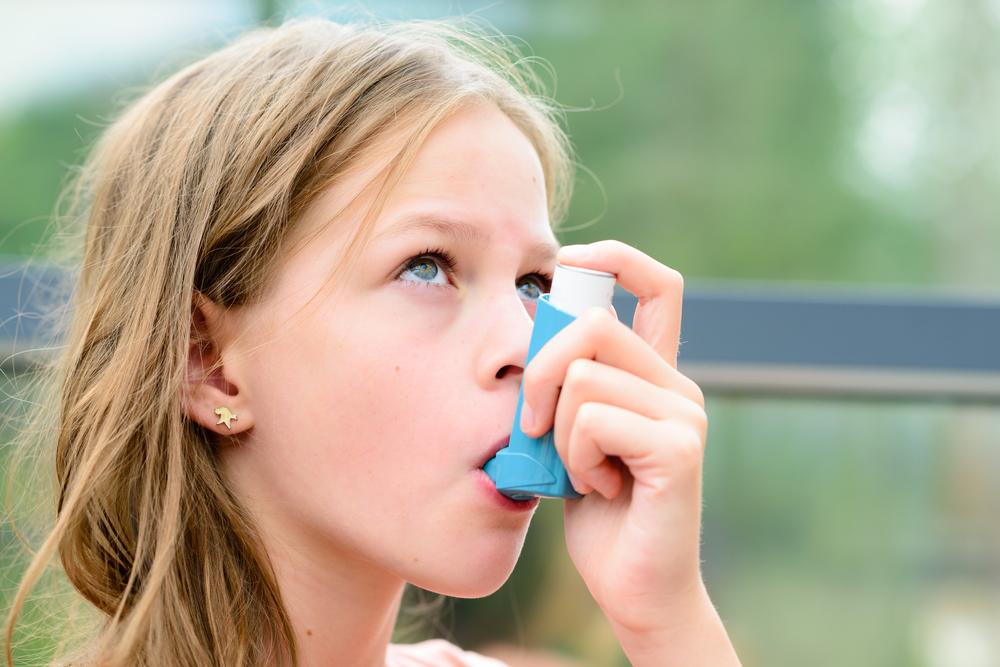Foods That Worsen Asthma Symptoms and Tips for Prevention
Discover foods that can worsen asthma symptoms and learn effective strategies to prevent attacks. The article highlights common trigger foods, food allergies, and additive sensitivities, along with tips for managing diet to keep asthma under control. Practical advice includes allergy testing, reading labels carefully, and choosing fresh ingredients for safer eating habits. Proper diet management plays a vital role in asthma relief and overall respiratory health.

Foods That May Exacerbate Asthma Attacks
Asthma is a lung condition caused by airway inflammation, making breathing difficult. Triggers include environmental factors and genetics. During an attack, muscles tighten, swelling occurs, and mucus builds up, leading to coughing, wheezing, and shortness of breath. Both children and adults can experience these episodes, which vary in intensity.
Common Triggers
Allergens like pollen, dust mites, mold, pet dander, and pollution primarily trigger asthma. Although diet isn't the main cause, certain foods may worsen inflammation. Processed meats, refined grains, sugary snacks, and dairy products are linked to increased inflammation, potentially intensifying symptoms.
Long-term use of inhalers may provide limited relief and cause side effects such as osteoporosis, high blood pressure, obesity, and vision issues. Adjusting dietary habits and lifestyle is essential for managing asthma.
Food Allergies and Their Impact on Asthma
Most asthma sufferers do not need to restrict their diet. However, some with food allergies might face severe reactions. Consuming allergenic foods can cause sudden wheezing or coughing. Carrying inhalers and emergency medications is important for safety.
Foods That May Trigger Asthma Symptoms
Certain foods can provoke symptoms in allergic or sensitive individuals, including:
Cow’s milk
Eggs
Fish
Some fruits
Peanuts
Shrimp and shellfish
Soy
Nuts
Sensitivity to Food Additives and Their Effects on Asthma
Processed foods may contain chemicals like sulfites and histamines that can trigger asthma. Sulfites, present in dried foods, pickles, seafood, and wine, may cause reactions in sensitive individuals. Histamines, found in aged cheeses, yogurt, and fermented products, can mimic asthma symptoms. Foods causing acid reflux or containing salicylates—like coffee and certain herbs—may also worsen symptoms.
Tips to Prevent Trigger Foods
Allergy Testing: Identifying specific food allergies through testing helps prevent adverse reactions. Avoid known triggers to reduce attack risk.
Check Food Labels Carefully: Reading labels helps identify allergens, enabling safer food choices. Many products now offer allergen-free options.
Opt for Fresh Meals: Preparing food at home with fresh ingredients minimizes exposure to potential triggers and improves dietary control.


